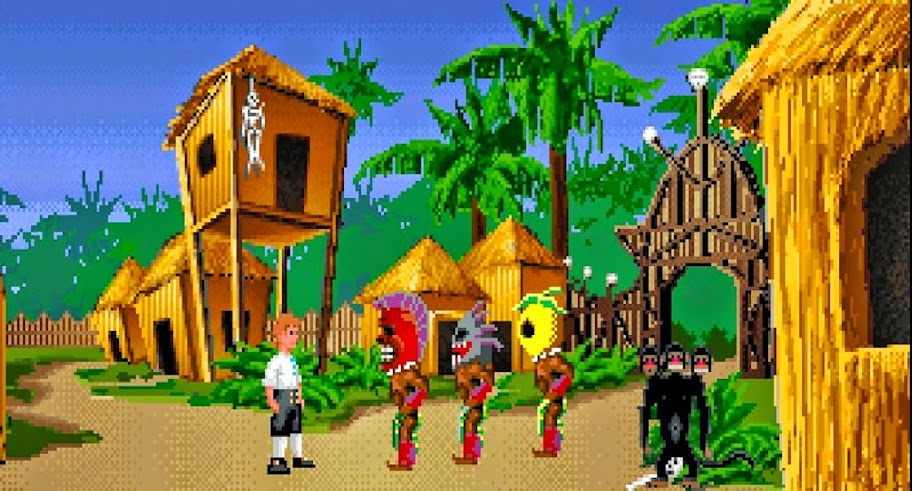As an honest exercise in transparency, as well as a part of the project's history, I will write about the presentation I made during the interview to obtain funding for my research. In this kind of application processes, the jury barely give you five minutes to show them why your research is important and why they should recommend your project to be funded. Thus, you must be convincing and compelling in a very concise way. I organised my presentation in three parts: the main topic, why we should study that subject, and how I plan to carry out that research. The interview was conducted in Spanish, that's why this can be considered a rough translation of the presentation. The important thing here is to see if you agree with the research premises.
Main topic
In the last three decades social theorists have largely discussed the crisis of modernity and its institutions, which implies the assumption that the modern models for social meaning and identity construction have faded away. Taking those diagnoses into account, it is possible to conclude that modern identities have, if not disappeared, at least been de-centred: we witness then the emergence of new kinds of identities and new ways of constructing social universes of meaning.
Therefore, the main aim of this project is to study the contemporary identities (subjectivities) and the processes through which they are produced in an specific case: the identity of the video gamer and the social worlds where they dwell as part of a digital culture. This encompasses the virtual, networks, and an economy of consumption, leisure, social practices and discourses linked to the logic of the digital.
Why? (justification)
Firstly, because one of the defining characteristics attributed to contemporary societies is the existence of a noticeable digital culture, which makes the study of the universe of video games a plausible approach in order to understand that reality.
Secondly, because the video game industry is a growing cultural industry (economically surpassing those of music, film, performing arts...) and its tendency is to become hegemonic. Statistics tell us that video games are played in the 70 per cent of households, of which 40 per cent are women, 25 per cent are 50 years old or more, and the average age of gamers is 35 (I took this data from the last years ESA reports).
Thirdly, because video game exhibitions and museums, along with conferences, festivals and all sorts of events on video games, have proliferated in the last years. In the same sense, multitude of courses, masters, and grades focused on the development and design of video games have emerged in the sector of education. Not only have the specialised magazines on video games increased in size, but also the traditional press already includes sections dedicated to video games. A video game culture is being established and consolidated, which makes it socially relevant (video games become part of the mainstream, and their colonisation of other areas is obvious: serious games, gammification).
Finally, because it's a purely contemporary reality. If I seek to study the emergence of identities and subjectivities in the contemporaneity, the universe of video games is an excellent field to carry out that research. The phenomenon of video games is only relevant since the 1980s. From there onwards, its growth has been almost exponential, especially in the last decade, with the so called casual revolution and the expansion of video gaming to mobile devices, social networks and the Internet.
How? (tools to achieve the main objective)
Two dimensions of analysis:
On the one hand, the expert dimension. Unlike other cultural products, video games require an active individual to interact with them as a sine qua non condition. For these reasons, the developers who design and produce video games have always implicit and explicit ideas about what kind of person will play with their games and how those games will influence them, the possibilities that will be made available to them and the conditions that will be imposed on them.
On the one hand, the expert dimension. Unlike other cultural products, video games require an active individual to interact with them as a sine qua non condition. For these reasons, the developers who design and produce video games have always implicit and explicit ideas about what kind of person will play with their games and how those games will influence them, the possibilities that will be made available to them and the conditions that will be imposed on them.
On the other hand, the social dimension. Video gamers do not receive the expertly-designed object in a manner that is devoid of criticism, but interact with it, forming social worlds with specific meanings, whilst also interacting with other identities and subjective and collective constructions in their environment.
All in all, I seek to undertake a line of research on the construction of identities and subjectivities in the contemporary society, centred in the context of a digital culture and, more precisely, in the field of video games.
Compare what I've just written with my other entry in which I introduce my research project. There are probably a lot of similarities. Both of them are part of the (pre)history of the research project. I like to keep track of these documents and actions because it allows me to realise how mutable the activity of researching is. In the future I would like to highlight the differences between what I thought about the subject at the beginning of the process and what I think in every stage. Actually, re-reading this entry makes me understand how much I've changed some of my previous assumptions. But as I said, that will be a task for the future.



















